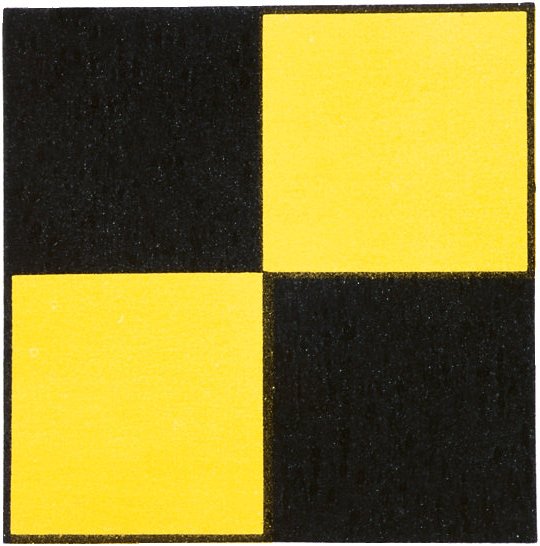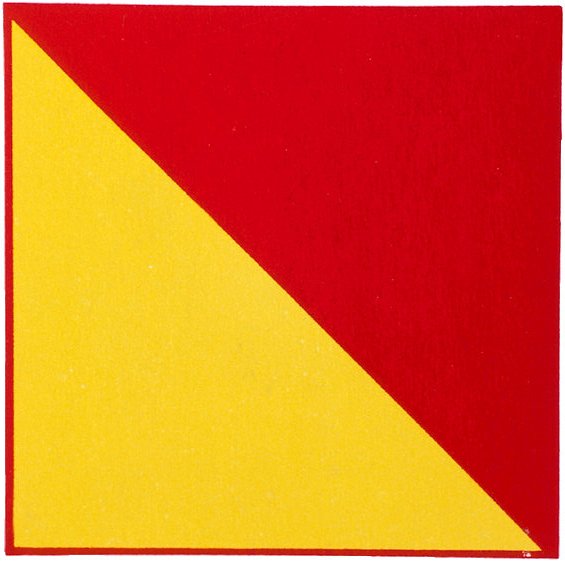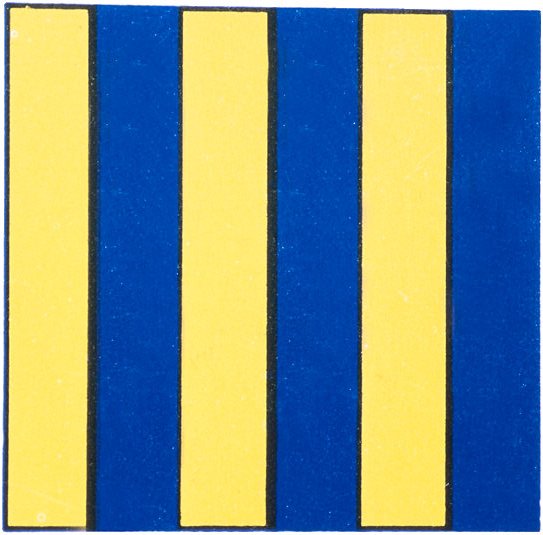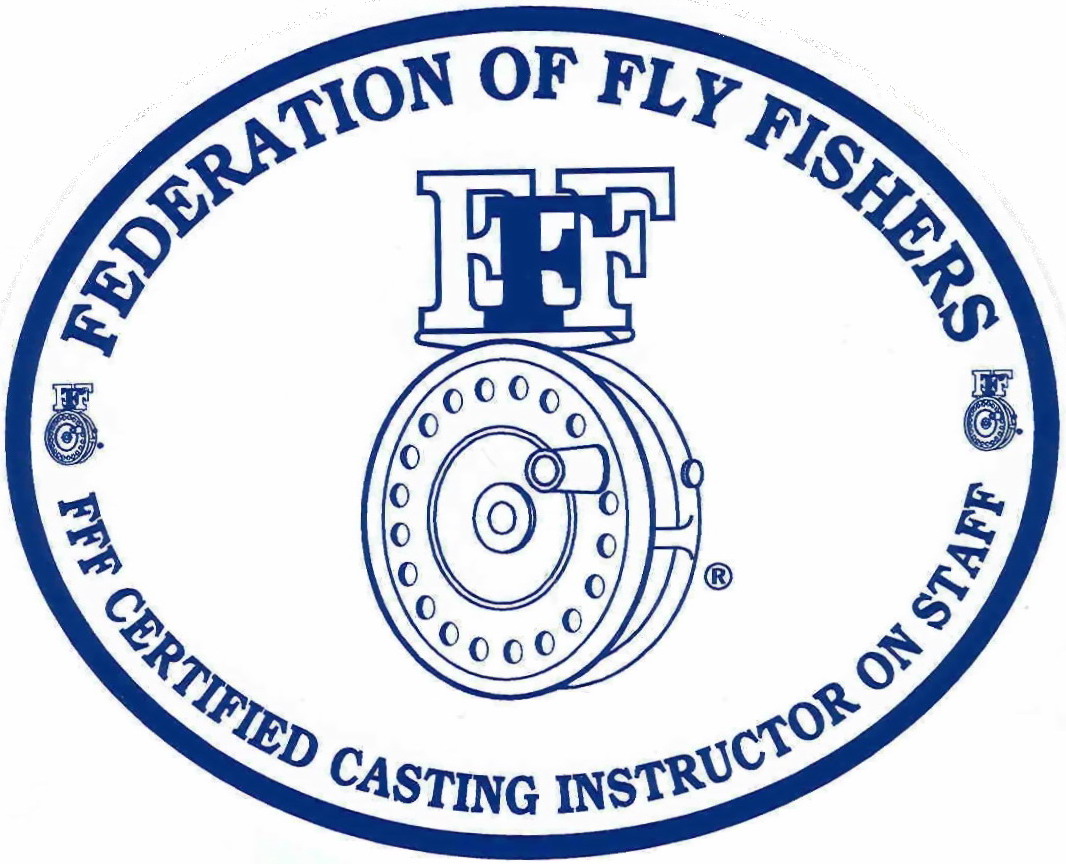On Being "Guided"
by Captain Jim Barr on 11/30/12
What can a charter guest do to increase their odds of having a more enjoyable and potentially more productive day on the water? Here are some thoughts:
1. The cardinal rule is to be straight forward with your guide as to your level of experience with saltwater fishing and your casting proficiency (with both a spinning rod and a flyrod). This conversation should occur when you are first discussing the plan for your day on the water. If you are sharing a trip with a friend, advise the guide on behalf of your partner as to their level of fishing and casting proficiency.
2. It's critical for you to advise the guide what hand you reel with. Most fishing reels (fly and spin) are set up for a left hand retrieve. If you reel with your right hand the guide will either have to convert his reels from left to right hand retrieve or bring reels and spare spools that are already set up accordingly. If the guide does not ask this critical question before the day of your charter, you need to initiate that discussion before you set foot on the boat so that there are no surprises. A good guide will NEVER tell you that you have to fish with the way his reels are set up. If he does, you need to find another guide. (This is not generally a problem with spinning reels. The conversion is simple and accomplished by moving the handle from one side to the other.)
3. A good guide will do his/her best to adjust the nature of the trip and the type of water you will be fishing in according with your physical abilities (or disabilities). If you are not steady on your feet and able to keep your balance in a pitching boat, you need to advise the guide accordingly in advance of the outing. The same thinking applies if you are prone to motion sickness. There are several over-the-counter drugs available to help you with motion sickness, but typically most require you take the medication at least an hour before being on the water.
4. Be realistic and practical. Although it's wonderful to catch a fish on a fly rod, there are a myriad of conditions that can really complicate fly fishing in salt water. Your freshwater fly casting abilities frequently do not translate well into a saltwater environment. A bumpy boat, menacing winds, difficult casting angles, fast moving fish, heavy equipment, and confined or blocked back casting room can all contribute to complicating your day. You need to face up to your limitations and the environmental conditions and adjust your angling conventions accordingly. I have seen too many guests drive themselves to frustration and in some cases anger due to insisting on using the flyrod in very difficult conditions. If a guide suggests you use a spinning rod vs. a fly rod, he/she is not being rude or condescending, the guide is generally looking out for your best interest by trying to increase your odds of hooking up. (I will tell you this however, if the not so accomplished angler insists on casting with a flyrod and the guide repeatedly puts the angler "on top" of the fish and the angler cannot make the cast, you might be prepared for a strong recommendation from the wheel-house!)
5. Tell your guide what's important to you and he/she will do everything possible to accommodate your wishes. Is your day on the water more about "just being out there"? Do you want a mix of fishing and sightseeing and perhaps a bit of history of the area you're near? Are you after the trophy fish, or that you don't want to catch a certain species of fish (some anglers are like that with respect to Bluefish). Communicating and setting realistic expectations are critical for both the guest and the guide.
6. Be patient with and trust your guide. He/she knows the waters, generally where the fish are located and at what time of day is best to pursue them. Most guides will not guarantee you will catch fish. Ocean fish, unlike trout or freshwater species are constantly on the move. The fishing location that was good yesterday may not be good today. The guides responsibility is to put you into the best position to catch fish while doing everything possible to provide for your safety. Certain weather and sea-state conditions may simply be too dangerous to venture into even though the fish are there.
7. When you are lining-up your charter, your guide will suggest a departure time. Understand that in most all fisheries the time of day for your fishing outing is absolutely key. This has to do with multiple variables such as ambient light level, wind conditions, tide stage etc... all absolutely critical elements that determine fishing success. You may find it uncomfortable to meet the guide at 5 am when it's still dark and perhaps cold and you haven't had much sleep. Conversely the guide may advise that the fishing outing should start later in the day or evening and that you may not be returning to the dock until after dark. It's the guests right to object to the guides recommendations as to departure and return times, but understand that doing so may very well have a direct bearing on your catch rate.
The guide's job is all about creating a safe and fun outing during which you can catch fish. There is no room for a guide to be intimidating to his/her guests. I think you will find that most guides are cordial and are striving to provide you with a great fishing experience. If you are made to feel uncomfortable, it's the guides fault and he/she doesn't deserve your business.
For several years I was an Orvis Endorsed Guide and through my own choosing I no longer am, but Orvis developed the following definition of a professional guide, that I think is quite good.
A Professional Guide is a professional at all times; they are mentally alert and physically prepared for a strenuous day of guiding. Their self-confidence can be observed but not heard; they are totally prepared for the day and ready to accept its challenges-good or bad. Their appearance and dress show pride in themselves and the operation they represent. They immediately become a teacher to their clients and the client readily accepts their leadership.





